This conference is dealing with the latest developments in the detection of pesticide residues in food. For experts of residue analysis, a compact programme is offered on regulation, method & tool development and monitoring.
Early Bird Bookings – 10% discount valid until 14 May 2025 with discount code: PRF10
Authorities, food and pesticide industry, research and laboratories - all around the table in 2025 again. The popular Akademie Fresenius Conference “Pesticide Residues in Food” enters its next round. It is the place to be to receive all the latest updates, meet your peers and join important discussions in a comfortable conference atmosphere. Reason enough for many participants to attend regularly. So don’t miss out to secure your place for the upcoming event!
This conference is recognised by the German ZFL (Certification Body for Advanced Food Chemistry Training) and offers 13.5 points for on-site attendance and 10.5 points for live streaming. Don’t miss this professional development opportunity!
The Conference will be taking place in Dusseldorf on 1 and 2 July 2025.
You can also follow all the exciting contributions via our Live Stream! Please find all information on the virtual participation here.
Professionals working in the fields of:
Sectors that should take part:
Picture Credit: © pressmaster – Fotolia.com
Timings are in Central European Summer Time CEST.
Monika Bross, BASF, Germany
Hans Mol, Wageningen Food Safety Research (WFSR), The Netherlands
Christian Spangler, BASF, Germany
The presentation slots include sufficient time for questions and answers.
Piroska Kiss, European Commission, Belgium (virtually)
Hans Mol, Wageningen Food Safety Research (WFSR), The Netherlands
Anja Muzyka, European Union Reference Laboratory for Food of Animal Origin (EURL-AO), CVUA Freiburg, Germany
Ann-Kathrin Schäfer, European Union Reference Laboratory for Pesticides requiring Single Residue Methods (EURL-SRM), CVUA Stuttgart, Germany
Sarah Obermeier, European Union Reference Laboratory for Food of Animal Origin (EURL-AO), CVUA Freiburg, Germany
Nathan Meijer, Wageningen Food Safety Research (WFSR), The Netherlands
Hlabana Alfred Seepe, Department of Agriculture, Land Reform and Rural Development (DALRRD), South Africa
Paul Bontenbal, Netherlands Food and Consumer Product Safety Authority (NVWA), The Netherlands
Norbert Fuchsbauer, HiPP, Germany
Friederike Habedank, State Office for Agriculture, Food Safety and Fisheries Mecklenburg-Western Pomerania, Germany
Richard Pehn, Austrian Agency for Health and Food Safety (AGES), Austria
Timings are in Central European Summer Time CEST.
Monika Bross, BASF, Germany
Hans Mol, Wageningen Food Safety Research (WFSR), The Netherlands
Christian Spangler, BASF, Germany
Michelangelo Anastassiades, EU Reference Laboratory for Pesticides requiring Single Residue Methods (EURL-SRM), CVUA Stuttgart, Germany
Paul Garrigue, SGS Crop Science, France
Laura Carbonell Rozas, University of Granada, Spain
Ivan Aloisi, Wageningen Food Safety Research (WFSR), The Netherlands
Amadeo Rodríguez Fernández-Alba and Florencia Jesús, European Union Reference Laboratory for Pesticide Residues in Fruits and Vegetables (EURL-FV), University of Almería, Spain
Susanne Müller-Bomke, Bayer, Germany
Name
Unternehmen
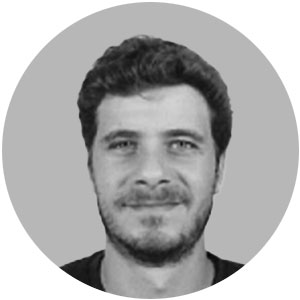
Ivan Aloisi
Wageningen Food Safety Research (WFSR), The Netherlands
Ivan Aloisi is a scientist at Wageningen Food Safety Research (WFSR) with a background in pharmaceutical chemistry and a PhD in chemical science, during which he explored different multidimensional chromatography strategies for the characterisation of food matrices and for the detection of food toxicants. His research at WFSR is mainly focused on the development of analytical methods for the analysis of residues and contaminants content in complex matrices, as well as for the detection of impurities and co-formulants in pesticide formulations, using both liquid and gas chromatography coupled with low and high-resolution mass spectrometry.
mehrweniger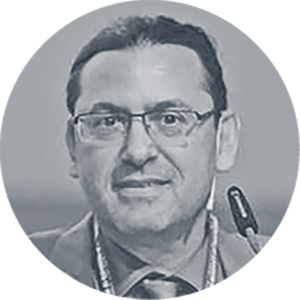
Michelangelo Anastassiades
European Union Reference Laboratory for Pesticides requiring Single Residue Methods (EURL-SRM), CVUA Stuttgart, Germany
Michelangelo Anastassiades gained his PhD in pesticide residue analysis. From 2000 to 2002 he worked as a visiting scientist at the USDA. Since 2006 he has been Head of the EU Reference Laboratory for Pesticides using Single Residue Methods.
mehrweniger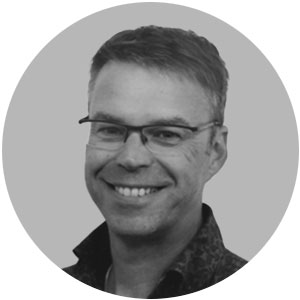
Paul Bontenbal
Netherlands Food and Consumer Product Safety Authority (NVWA), The Netherlands
Since 2019, Paul Bontenbal has been an Expertise Food Safety Industry Specialist on pesticide residues at the Netherlands Food and Consumer Product Safety Authority (NVWA), where he focuses on legal and safety issues affecting industrial food production. From 2004 to 2018, Paul held a position as Manager Technical Support and Innovation at ECOM Dutch Cocoa, and prior to that, he served as Manager of Quality, Research, and Development at Continental Chocolate from 1996 to 2004.
mehrweniger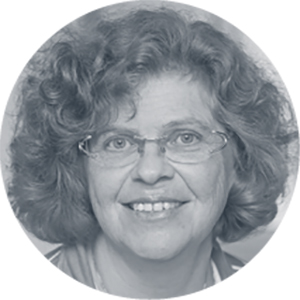
Monika Bross
BASF, Germany
Monika Bross is analytical chemist by training; she has been working at BASF Agricultural Center in Limburgerhof for more than 30 years. Within BASF she has been involved in the conduct of residue and metabolism studies, but also in dietary exposure assessments and the preparation of dossiers for international submissions. She is member of association expert teams dealing with residue related topics (including MRL setting) and the implementation of the EU Transparency Regulation.
mehrweniger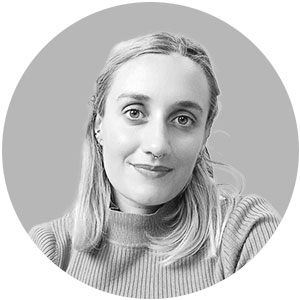
Laura Carbonell Rozas
University of Granada, Spain
Laura holds a PhD in Analytical Chemistry and is currently a postdoctoral researcher at the University of Granada. She specializes in developing innovative and efficient analytical methods for detecting contaminants in environmental and food samples. Her expertise lies in utilizing advanced analytical techniques and next-generation solvents, such as natural deep eutectic solvents, for sample preparation—aligning with the principles of Green Analytical Chemistry. Through this approach, she aims to develop efficient and sustainable methodologies that enhance food safety controls while minimizing environmental impact.
mehrweniger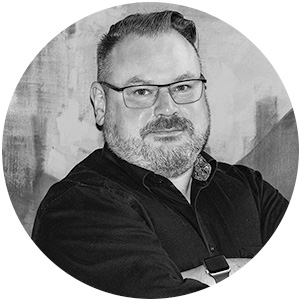
Norbert Fuchsbauer
HiPP, Germany
Norbert Fuchsbauer has been working for HiPP since 2012, initially as head of the internal analysis laboratory and later in quality assurance, where he was responsible for the analysis and approval of raw materials. He is currently working as Food Safety Manager in the department of Product Regulatory and Product Compliance.
mehrweniger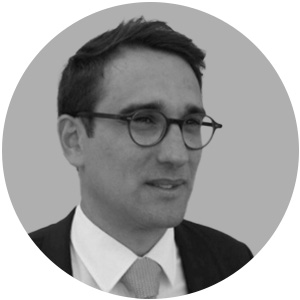
Paul Garrigue
SGS Crop Science, France
Paul Garrigue has a Master's degree in Analytical Chemistry and Plant Biology and currently serves as the EU GLP Business Development Manager at SGS Crop Science, where he is leading sales and development activities. Prior to this role, he worked as a Business Manager at SGS France, following five years as a GLP Laboratory Manager and Study Director. Paul also gained significant experience at Eurofins Agroscience Services, where he held positions as a Study Director and Technical Manager.
mehrweniger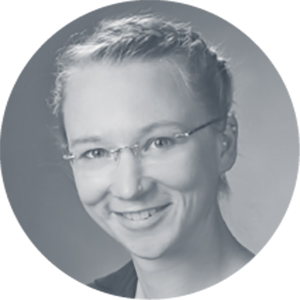
Friederike Habedank
State Office for Agriculture, Food Safety and Fisheries Mecklenburg-Western Pomerania, Germany
Friederike Habedank is head of the department for the analysis of pesticide residues and organic contaminants at the State Office for Agriculture, Food Safety and Fisheries in Mecklenburg-Western Pomerania. She is an active member of various national working groups in the field of residue analysis, e.g. heads the DIN working group on pesticide residue analysis.
mehrweniger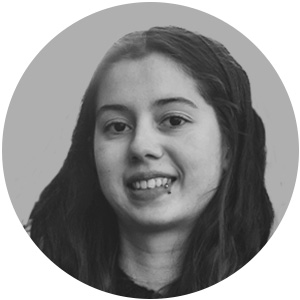
Florencia Jesús
European Union Reference Laboratory for Pesticide Residues in Fruits and Vegetables (EURL-FV), University of Almería, Spain
Florencia Jesús is a PhD student at the University of Almería and is currently working at the EURL for Residues of Pesticides in Fruits and Vegetables under the supervision of Prof. Amadeo Rodríguez Fernández-Alba. Her recent research has focused on the evaluation of micro-flow liquid chromatography coupled to both low- and high-resolution mass spectrometry for the analysis of pesticide residues in fruits and vegetables.
mehrweniger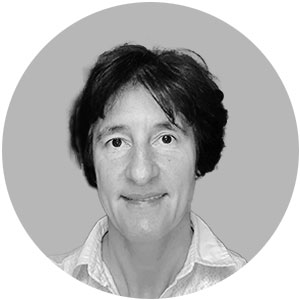
Piroska Kiss
European Commission, Belgium
Piroska Kiss is an agronomist by background, specialised in plant protection. She has been working as a Policy Officer in the pesticide residues team at the Directorate-General for Health and Food Safety of the European Commission since September 2023. Piroska served as a Food Safety Auditor in her previous roles at the European Commission and the EFTA Surveillance Authority for several years. Before joining the European Commission, she worked at the Hungarian Ministry of Agriculture as a Chief Technical Adviser in the Plant Protection Department, contributing to the implementation of EU legislation on pesticides and, prior to that, in the accession preparations of Hungary for the EU.
mehrweniger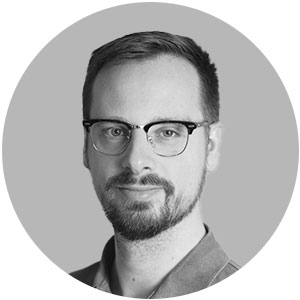
Nathan Meijer
Wageningen Food Safety Research (WFSR), The Netherlands
Nathan Meijer is a researcher and project manager at Wageningen Food Safety Research (WFSR) in the Netherlands. He has a background in food law and entomology, and is a generalist with experience on a variety of chemical, microbiological, and physical food safety hazards.
mehrweniger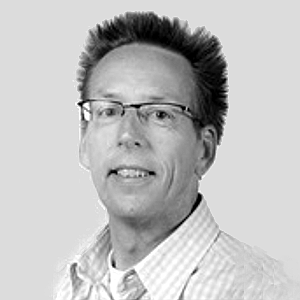
Hans Mol
Wageningen Food Safety Research (WFSR), The Netherlands
Hans Mol is a Senior Scientist at Wageningen Food Safety Research. Focus of his research is on pesticide residues in food and feed, environment, and on human biomonitoring. Key techniques are chromatography with advanced mass spectrometric detection applied for both target analysis and suspect screening/non-target analysis. He is heading the NRL for pesticides in food and feed.
mehrweniger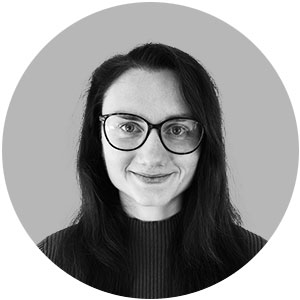
Anja Muzyka
European Union Reference Laboratory for Food of Animal Origin (EURL-AO), CVUA Freiburg, Germany
Since 2021, Anja Muzyka has been Laboratory Director at the Central Laboratory for Pesticides in Animal Products at CVUA Freiburg and the European Reference Laboratory for Pesticides in Food of Animal Origin (EURL-AO). In this role, she oversees sample management, laboratory coordination, method development and the evaluation of results. She holds a degree in Food Chemistry and previously completed her training as a state-certified food chemist.
mehrweniger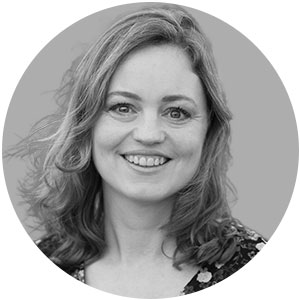
Susanne Müller-Bomke
Bayer, Germany
Susanne Müller-Bomke is a chemist by training and holds a PhD in Analytical Chemistry from the Institute of Inorganic and Analytical Chemistry at the University of Münster. Since joining Bayer CropScience in 2010, she has held various positions, including lab leader for residue analysis in both Germany and France. Susanne has also worked as a dietary safety expert and is currently serving as a GLP-study director of residue studies and monitoring scientist.
mehrweniger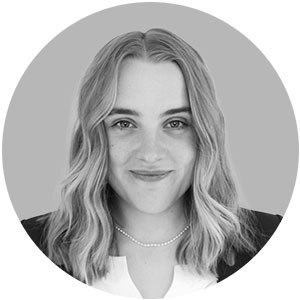
Sarah Obermeier
European Union Reference Laboratory for Food of Animal Origin (EURL-AO), CVUA Freiburg, Germany
Since 2023, Sarah Obermeier has served as Laboratory Director at the Central Laboratory for Pesticides in Animal Products at CVUA Freiburg and the European Reference Laboratory for Pesticides in Food of Animal Origin (EURL-AO). In this capacity, she manages sample handling, coordinates laboratory activities, leads method development, and evaluates results. In 2024, she became a member of the Pesticide Working Group of the German Chemical Society (GDCh) and the Society of Food Chemistry (LChG). Sarah holds a degree in Food Chemistry and is a trained state-certified food chemist.
mehrweniger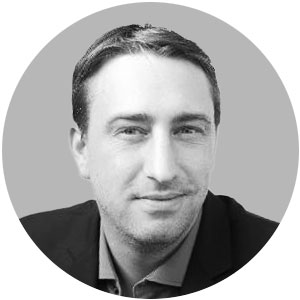
Richard Pehn
Austrian Agency for Health and Food Safety (AGES), Austria
Since 2021, Richard Pehn has been working as an Analytical Expert in the Department for Pesticide and Food Analysis at the Institute for Food Safety within the Austrian Agency for Health and Food Safety (AGES). He is Chemist by training and earned his Doctorate in Natural Science in 2021, focusing on novel PN and PNP-based water reduction catalysts and Xantphos-based photosensitizers inspired by nature's mechanisms.
mehrweniger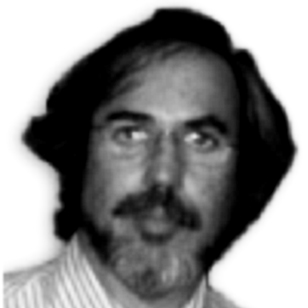
Amadeo Rodríguez Fernández-Alba
European Union Reference Laboratory for Pesticide Residues in Fruits and Vegetables (EURL-FV), University of Almería, Spain
Amadeo Rodríguez Fernández-Alba is Head of the EU Reference Laboratory for Fruits and Vegetables at the University of Almería. He is an expert in method development by mass spectrometric techniques and in proficiency tests development on pesticide residues.
mehrweniger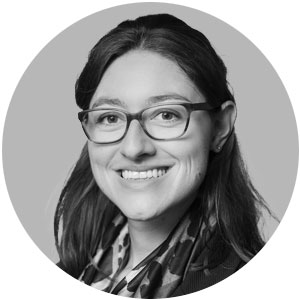
Ann-Kathrin Schäfer
European Union Reference Laboratory for Pesticides requiring Single Residue Methods (EURL-SRM), CVUA Stuttgart, Germany
Ann-Kathrin Schäfer is a state-certified food chemist working at the CVUA Stuttgart since 2021 in the field of pesticide residue analysis in fresh fruit and vegetables, as well as in the EU Reference Laboratory for Pesticides Requiring Single Residue Methods (EURL-SRM). She completed her studies at the University of Stuttgart and the University of Hohenheim in 2017 with a diploma thesis on matrix effects in the routine analysis of pesticides using LC-MS/MS. After further training to become a state-certified food chemist, she began her doctorate in 2018 on the topic of modern separation techniques for the routine analysis of highly polar pesticides in food.
mehrweniger
Hlabana Alfred Seepe
Department of Agriculture, Land Reform and Rural Development (DALRRD), South Africa
Hlabana Alfred Seepe holds a PhD in Chemistry and is currently Scientific Manager at the Department of Agriculture, Rural Development and Land Reforms in South Africa. In this role, he oversees the Chemical Residue, Microbiology, Dairy, and Processed Food Laboratories, focusing on the monitoring of pesticide residues, microbial contamination, food adulteration, mycotoxins, and the composition analysis of agricultural products from both plant and animal origins for local and international markets. Prior to this position, he served as a Production Scientist at the Eastern Cape Department of Rural Development and Agrarian Reforms, where he provided analytical services to farmers in the Eastern Cape Province of South Africa.
mehrweniger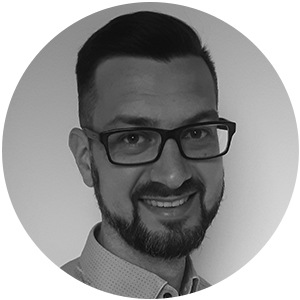
Christian Spangler
BASF, Germany
Christian Spangler is an analytical chemist by training. He has been working at BASF Agricultural Center in Limburgerhof since 2010 and started as a research scientist conducting analytical investigations to identify plant protection product counterfeits and patent infringements before transitioning into the regulatory area. Since 2015 he has been involved in the conduct of residue related study types such as method validations, storage stability studies, and residue studies. In his role as Sr. Regulatory Scientist, he is responsible for international dossier submissions and dietary risk assessments and is member of associated expert teams dealing with residue and risk assessment related topics e.g. acting as industry representative in OECD working groups on guideline revisions.
mehrwenigerWir haben für Sie im Veranstaltungshotel bis 4 Wochen vor Veranstaltungsbeginn ein begrenztes Zimmerkontingent zu ermäßigten Preisen reserviert. Bitte buchen Sie direkt beim Hotel und nennen Sie das Stichwort „Akademie Fresenius“.
Teilnahmepreis: € 1.995,00 zzgl. MwSt.
Im Teilnahmepreis sind folgende Leistungen enthalten:
Vertreter:innen einer Behörde oder einer öffentlichen Hochschule erhalten einen ermäßigten Teilnahmepreis von € 895,00 zzgl. MwSt. (Nachweis per Fax oder E-Mail erforderlich). Der Sonderpreis ist nicht mit anderen Rabatten kombinierbar.
Gruppenrabatt
Bei gemeinsamer Anmeldung aus einem Unternehmen erhalten die dritte und jede weitere Person 15 % Rabatt.
Buchen ohne Risiko
Eine kostenfreie Stornierung oder Umbuchung ist bis vier Wochen vor Veranstaltungsbeginn schriftlich möglich. Nach diesem Zeitpunkt und bis zu einer Woche vor Veranstaltungsbeginn erstatten wir Ihnen 50 % der Teilnahmegebühren. Bei späteren Stornierungen oder Nicht-Erscheinen können keine Teilnahmegebühren erstattet werden. Sie erhalten jedoch in diesem Fall von uns nach der Veranstaltung die Veranstaltungsdokumentation. Eine Ersatzperson können Sie jederzeit kostenfrei benennen.
Wären Sie gern dabei gewesen, sind jedoch zeitlich verhindert?
Zum Preis von 295,00 € zzgl. MwSt. können Sie alle Vorträge als pdf zum Download bestellen. Sie erhalten dann einige Tage nach der Veranstaltung die Zugangsdaten zum Downloadbereich unserer Website. Dort finden Sie alle Vorträge in digitaler Form (die Zustimmung der Referent:innen vorausgesetzt) und in der aktuellsten Version.
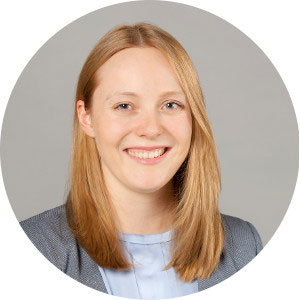
Claudia Werner
Inhalt und Konzeption
+49 231 75896-83
cwerner@akademie-fresenius.de

Claudia Werner
Inhalt und Konzeption
+49 231 75896-83
cwerner@akademie-fresenius.de

Claudia Werner
Inhalt und Konzeption
+49 231 75896-83
cwerner@akademie-fresenius.de
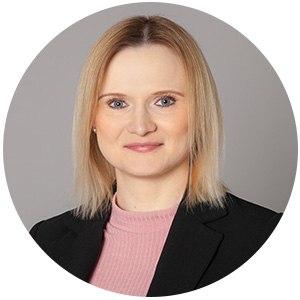
Jennifer Zerth
Organisation und Teilnehmermanagement
+49 231 75896-79
jzerth@akademie-fresenius.de

Jennifer Zerth
Organisation und Teilnehmermanagement
+49 231 75896-79
jzerth@akademie-fresenius.de
Präsentieren Sie Ihr Unternehmen auf unserer Veranstaltung.
Persönlich und zielgruppengenau stellen Sie Ihre Produkte und Dienstleistungen vor. Gerne informieren wir Sie unverbindlich über die verschiedenen Möglichkeiten – von der Auslage von Produktinformationen bis hin zum Ausstellungsstand.
Gerne beraten wir Sie persönlich:
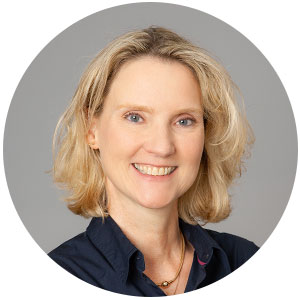
Monika Stratmann
Telefon: +49 231 75896-48
info@akademie-fresenius.de
Wir bieten Journalist:innen und Redakteur:innen eine Plattform, um in Kontakt mit Expert:innen zu treten.
Wenn Sie als Redakteur:in der Fachpresse Interesse an einem Pressepass oder einer Medienpartnerschaft haben, kontaktieren Sie uns bitte frühzeitig. Wir beraten Sie gerne.
Sprechen Sie uns an:
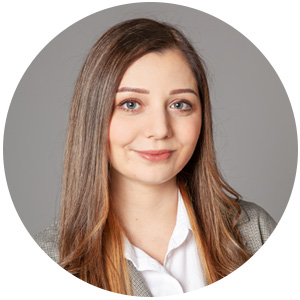
Katharina Geraridis
Telefon: +49 231 75896-67
presse@akademie-fresenius.de
© Die Akademie Fresenius GmbH